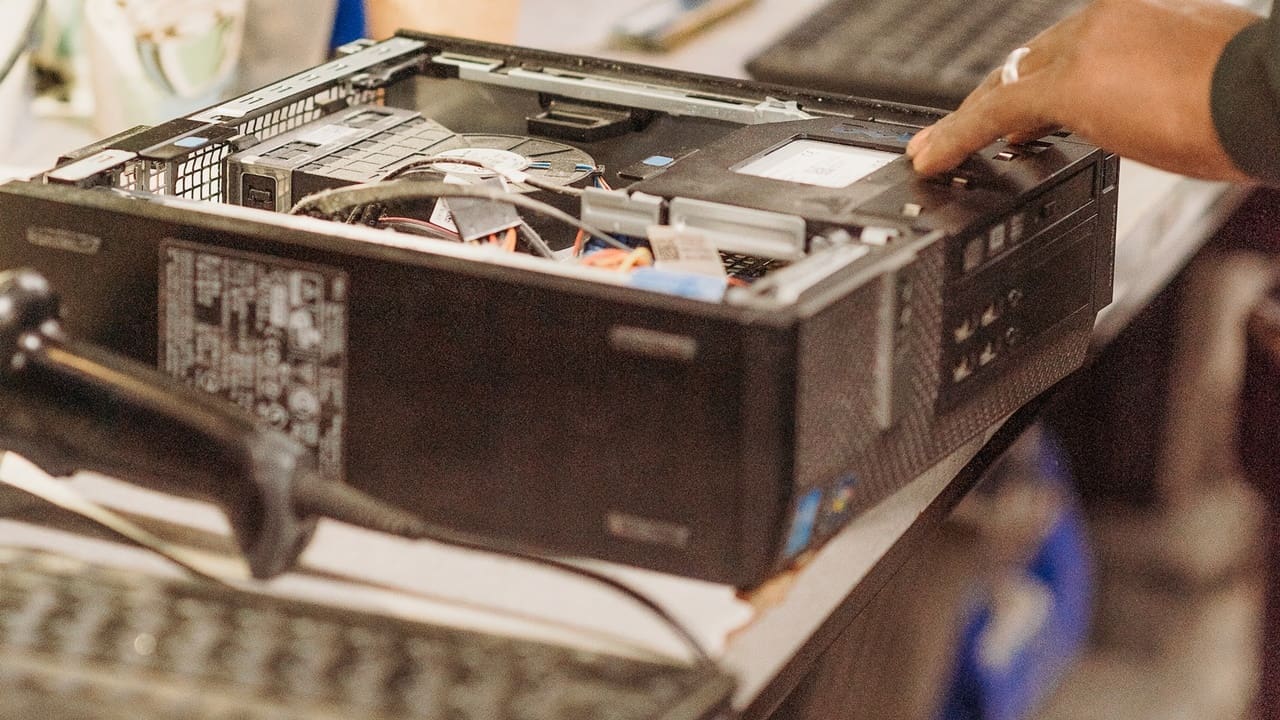- Circular Energy has urged businesses to get involved in addressing the scourge of ewaste.
- While many businesses are taking the problem seriously, including Vodacom, more needs to be and can be done.
- Businesses can get involved in multiple ways including by driving recycling efforts and investing in education.
As more Africans come online, those folks are going to eventually start upgrading and replacing the devices they use to access the internet. Before that becomes a major problem, efforts need to be made to educate people about what to do with ewaste.
One of the many organisations that have taken up that mantle is Circular Energy. Circular Energy is a not-for-profit Producer Responsibility Organisation that is registered with the Department of Fisheries, Forestry, and the Environment.
It operates a nationwide take-back system for the collection, recycling, and environmentally sound processing of electrical and electronic equipment, lighting and lighting equipment, paper and packaging, portable batteries and lubricant oil.
This wide spread of products it can recycle made Circular Energy the prime choice for Vodacom as it aims to reuse, resell or recycle 100 percent of the ewaste it produces by 2025. In its last financial year, Vodacom recycled 1 273 tonnes of network equipment and while impressive it has a ways to go to hit that 100 percent mark by next year.
Through Vodacom’s RedLovesGreen programme, customers can return their devices to any of the 37 repair centres nationwide to be repaired, refurbished, resold or sent away to a Vodacom-approved recycling agency to be safely recycled. As part of the collaboration with Circular Energy, Vodacom customers can also have pre-loved devices collected conveniently from their homes to be recycled, simply by completing a request form on the organisation’s website.
Why is getting ewaste out of landfills such a big deal? For one, electronics contain materials that can easily be recycled and used in new products, this lowers the demand for fresh materials meaning we pull less stuff out of the Earth. There’s also the matter of electronic materials leeching chemicals into the ground, tainting it for decades to come and potentially poisoning ground water supplies.
While initiatives such as this are welcome, South Africa must start moving toward a circular economy.
Chief executive officer of Circular Energy, Patricia Schröder explains how this can be accomplished in five ways:
- Ensuring that no waste ends up in landfills, by promoting practices like reuse, repair and recycling, rather than the traditional linear model of take, make and dispose.
- Design for longevity: Products should be designed to be durable and easily repairable to minimise waste-generation.
- Right to repair: Advocating for legislation that allows consumers to repair items rather than replace them, which can be economically beneficial, especially for those with limited financial resources.
- Consumer responsibility: Individuals must reflect on their purchasing decisions and the consequences for the environment, such as choosing quality over trendiness and ensuring proper disposal of end-of-life products.
- Impact of choosing wisely: Each person’s choices collectively impact the planet. Education and awareness about sustainable practices are essential in fostering a culture of circularity.
These are all good goals to have but unfortunately some are beyond our control. For example, products that are designed for longevity is beyond our control when most of the products we buy aren’t made locally. Of course, as consumers we can choose to buy products that last longer or at the very least are easier to repair to extend their life.
There is, however, a responsibility on business owners to be responsible in what they sell and how they engage with the environment around them.
“It’s essential that businesses take corporate social responsibility more seriously. Profit and environmental protection can coexist. Businesses must assess their operations to improve waste management and incorporate circularity into their model,” says Schröder.
“We are investing in buy-back centres in Limpopo, which will promote small-business development and skills training, ultimately leading to job-creation,” the CEO adds, highlighting that corporations can get involved in initiatives like this to assist their ewaste recycling efforts and the world around them.
Education can also help efforts to reduce ewaste from landing in landfills and serves as another way businesses can get involved in fighting this ongoing battle.

